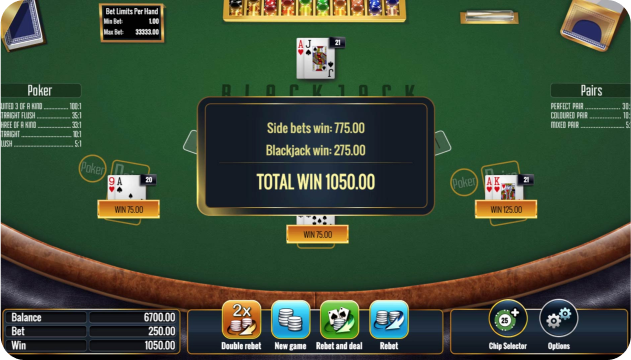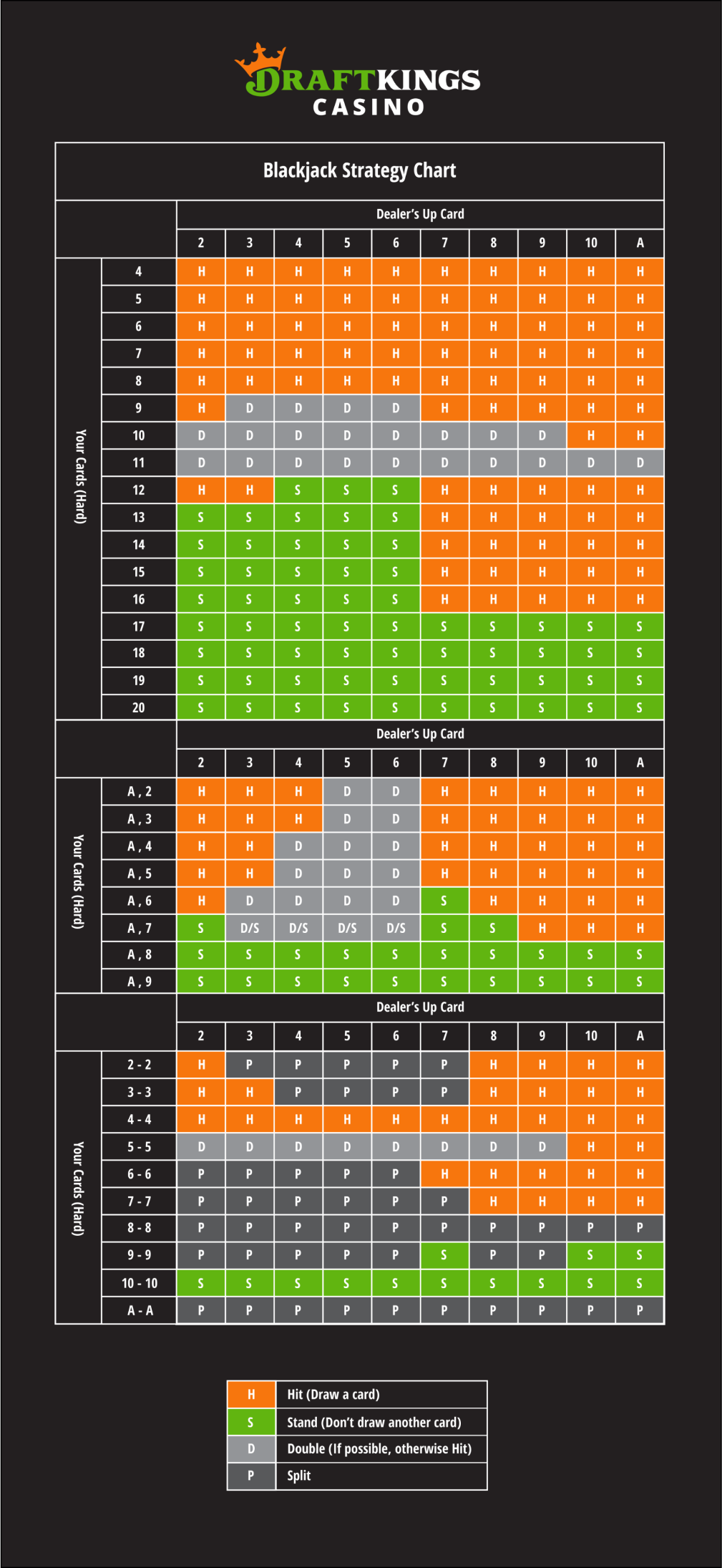When to hit in blackjack
It can take time to determine when to hit, especially with a mediocre hand. If you hate risk, you might find it hard to hit when you should. When it comes to taking a new card, some guidelines can help you know when to take a chance and when to play it safe. Remember, always consider the dealer’s card. If it’s likely that the dealer has a good hand, you should play more aggressively. If the dealer is likely to have a bad hand or bust, you can play things safer. Here are some basic rules for hitting in blackjack:
- If your cards add up to eleven or less, you should hit. It’s impossible to bust at this stage, so you’re improving your hand without risk.
- Be more aggressive when the dealer shows a seven or higher. It’s not a bad idea to hit with anything worse than seventeen.
When to stand in blackjack
If you have a strong hand, say twenty, standing is an easy choice. However, with mediocre hands, things can get tricky. If you like a level of risk, you may find it hard to stand when you should. Here are some guidelines to make your decision easier:
- If the dealer is showing a five or six, you should probably stand. These are the worst cards for a dealer, and they’ll likely bust. But you can’t win if you go over twenty-one, so play it cautiously. If you have anything twelve or over, it’s a good idea to stay.
- Strongly consider standing with seventeen or higher, even if the dealer is showing an ace. The chances of hitting a four or lower will always be worse than your chances against the dealer.
When to split in blackjack
If you’re dealt a pair for your starting cards, like two fours, you can split them. To split, you have to place a second bet down at the same value as your original bet. This turns each card into its own individual hand. You play one hand, hitting until you bust or decide to stay, and then move onto the second hand. A well-played split can have a big payoff.
There are two times you should split a pair, no matter what the dealer has:
- Always, always, always split aces or eights. Why? Aces give you two or a soft twelve, both of which are unlikely to yield a strong hand. But when you split, you have two separate power cards. Eights, however, give you sixteen, which is the worst hand you can start with. By splitting, you have two hands and two chances at making a better hand than sixteen.
- Consider splitting when the dealer has a bad hand. Nines, sevens, sixes, threes, and twos are worth splitting if the dealer shows between a two and a six.
When to double down in blackjack
Like splitting, doubling down is an opportunity to increase your payouts and odds in blackjack. You’re allowed to double your bet, or “double down,” after seeing your first two cards. The catch? You can only take one more card. So if you have a total of seven, double down, then hit a two, you’re stuck at nine.
Doubling down may be an opportunity to win larger amounts, but if done recklessly, it can also result in big losses. So when should you double down? Well, like all blackjack hands, you need to take your cards and the dealer’s card into account. If the dealer shows a strong card, like a ten or an ace, don’t risk a double down. However, a double down is a good idea if the dealer’s card is weaker than that and you have a ten or eleven total. Why with a ten or eleven? Because any face card will give you twenty or twenty-one. The worse the dealer’s starting card, the more lenient you can be with a double down.
Insurance
What is insurance in blackjack? Insurance protects you against the dealer having blackjack, and you can buy insurance when the dealer’s face-up card is an ace. Insurance is offered before the dealer checks their face-down card, and it’s usually half the amount of your initial bet—so if you lose your initial bet to blackjack, you essentially break even.
The odds are slightly against you if you take insurance. You may get lucky this time, but if you play long enough, you’ll lose more money buying insurance than you win.



